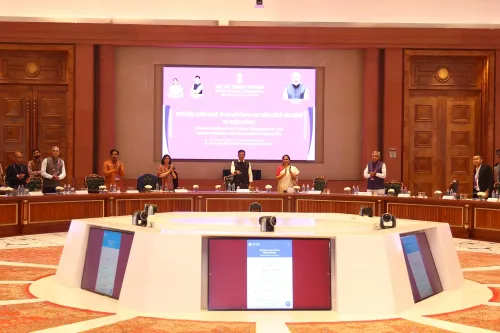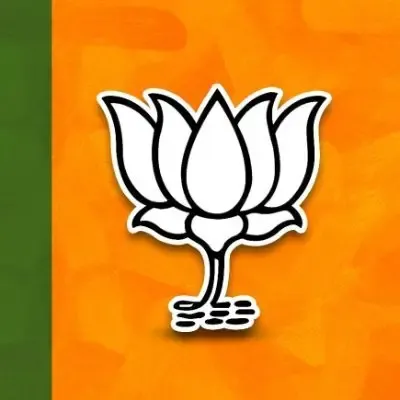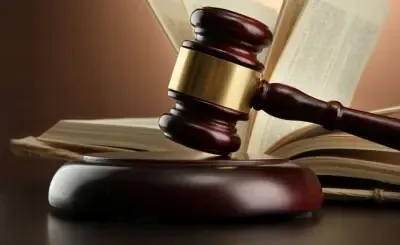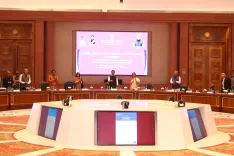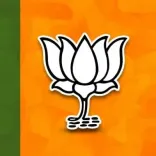Did the J&K L-G Reject the TBR File?

Synopsis
Key Takeaways
- The Lt Governor has not outright rejected the TBR file but raised queries.
- The Jammu and Kashmir cabinet is preparing responses to these queries.
- The controversy revolves around the J&K Reorganisation Act 2019.
- The power dynamics between the Lt Governor and the elected government are under scrutiny.
- Future decisions could shape governance in the region.
Srinagar, May 5 (NationPress) - The spokesperson for the ruling National Conference (NC), Tanvir Sadiq, clarified on Monday that the Lt Governor has not dismissed the transaction of business rules (TBR) file submitted to him. Instead, he has posed several queries, which the Jammu and Kashmir cabinet is currently addressing.
In response to media claims suggesting that Lt Governor Manoj Sinha had rejected the TBR recommendations put forth by the elected government, the NC spokesperson stated, “The L-G has not rejected the recommendations; he merely raised questions from Raj Bhavan. This morning, the cabinet, led by Chief Minister Omar Abdullah, formulated replies to those inquiries. The file will be returned to the L-G's office today. It appears to be an ongoing process, and a suitable response has been crafted.”
Prior reports from Raj Bhawan indicated that the TBR file was sent back by the Lt Governor due to its recommendations being inconsistent with the J&K Reorganisation Act 2019.
“The authority of Parliament cannot be overridden by an elected UT government or a state government. The TBR recommendations aim to transfer certain administrative responsibilities exclusively assigned to the Lt Governor under the Reorganisation Act to the UT government. These responsibilities include the transfer and posting of deputy commissioners and executive magistrates, along with IAS/IPS officers, to the UT government's jurisdiction. Matters concerning law and order and central services like IAS/IPS fall under the Lt Governor's purview. Transferring these powers to the UT government would equate to granting statehood without the constitutional authority's approval, namely Parliament, either through the repeal or amendment of the Reorganisation Act,” sources from Raj Bhawan noted.
These sources further affirmed that the L-G had not rejected the TBR file but returned it with comments indicating that the recommendations contradict an Act passed by Parliament.
Moving forward, it will be interesting to see whether the Jammu and Kashmir cabinet maintains its earlier recommendations or opts to revise the TBR recommendations in their meeting later today.


